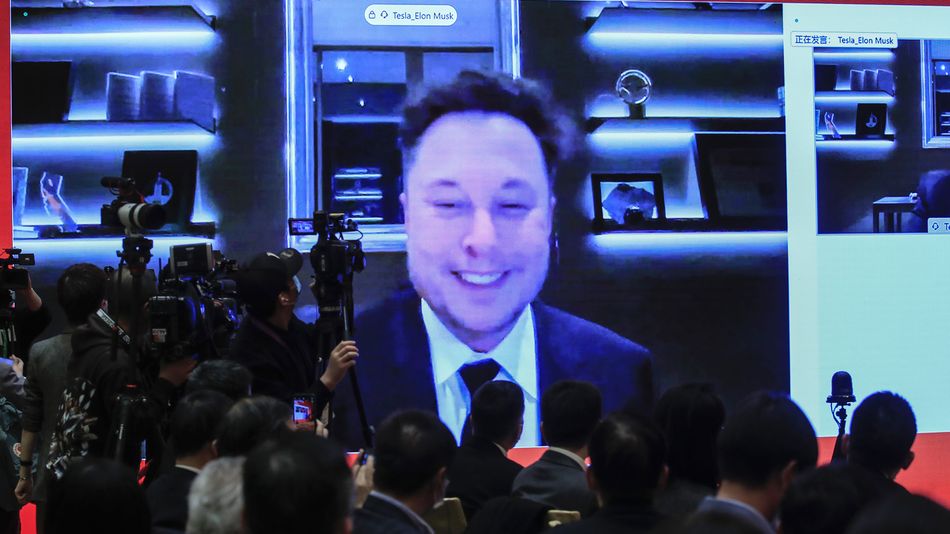Technology
Elon Musk explains why Tesla would never share data with China


Elon Musk skipped his preferred platform of Twitter for this latest round of corporate diplomacy, so you know he’s serious.
Musk spoke up over the weekend after a Friday report from the Wall Street Journal revealed that China would bar “military staff and employees of key state-owned companies” from using Tesla vehicles. There’s concern that they present a national security risk, since Tesla is an American company and its vehicles collect data.
(You might remember the former Trump administration using similar justification when the ex-president threatened to ban TikTok in the U.S. — a legally questionable mandate, it should be said — if the China-based ByteDance refused to sell the social media platform to an American buyer.)
Speaking on Saturday at the Chinese Development Forum, an annual event hosted by the Chinese government that connects the country with global business leaders, Musk attempted to make it clear that sharing data with government entities of any stripe would undermine Tesla’s business interests.
“Whether it’s Chinese or U.S., the negative effects if a commercial company did engage in spying — the negative effects for that company would be extremely bad,” Musk said (h/t WSJ). He added that the risk of Tesla being shut down for spying creates “a very strong incentive for us to be very confidential.”
Musk also played down worries about commercial espionage in general, pointing specifically to the TikTok case as an example.
“Even if there was spying, what would the other country learn and would it actually matter? If it doesn’t matter, it’s not worth thinking about that much,” he said, adding that TikTok is primarily a place where people are “just doing silly dances.”
Musk isn’t the first person to ask this question. While there are bipartisan concerns in the U.S. related to China’s authoritarian rule, some viewed Trump’s decision to move against TikTok as personally motivated. Just weeks before announcing the ban, a segment of TikTok users seemingly banded together to inflate the expected turnout for a then-upcoming Trump rally in Tulsa, Okla.
Similarly, it’s possible that China’s stance toward Tesla is more about indirect retribution than any legitimate fear of the company engaging in espionage. The recent first face-to-face meeting between Chinese officials and the new Biden administration was dogged by reports of tense and perhaps not always friendly discussions between the two nations.
Whatever the truth may be, Musk wants the powers-that-be to rest assured that Tesla isn’t in the business of espionage.
-

 Entertainment6 days ago
Entertainment6 days agoWhat’s new to streaming this week? (Jan. 17, 2025)
-

 Entertainment6 days ago
Entertainment6 days agoExplainer: Age-verification bills for porn and social media
-

 Entertainment5 days ago
Entertainment5 days agoIf TikTok is banned in the U.S., this is what it will look like for everyone else
-

 Entertainment5 days ago
Entertainment5 days ago‘Night Call’ review: A bad day on the job makes for a superb action movie
-

 Entertainment5 days ago
Entertainment5 days agoHow ‘Grand Theft Hamlet’ evolved from lockdown escape to Shakespearean success
-

 Entertainment5 days ago
Entertainment5 days ago‘September 5’ review: a blinkered, noncommittal thriller about an Olympic hostage crisis
-

 Entertainment5 days ago
Entertainment5 days ago‘Back in Action’ review: Cameron Diaz and Jamie Foxx team up for Gen X action-comedy
-

 Entertainment5 days ago
Entertainment5 days ago‘One of Them Days’ review: Keke Palmer and SZA are friendship goals
















